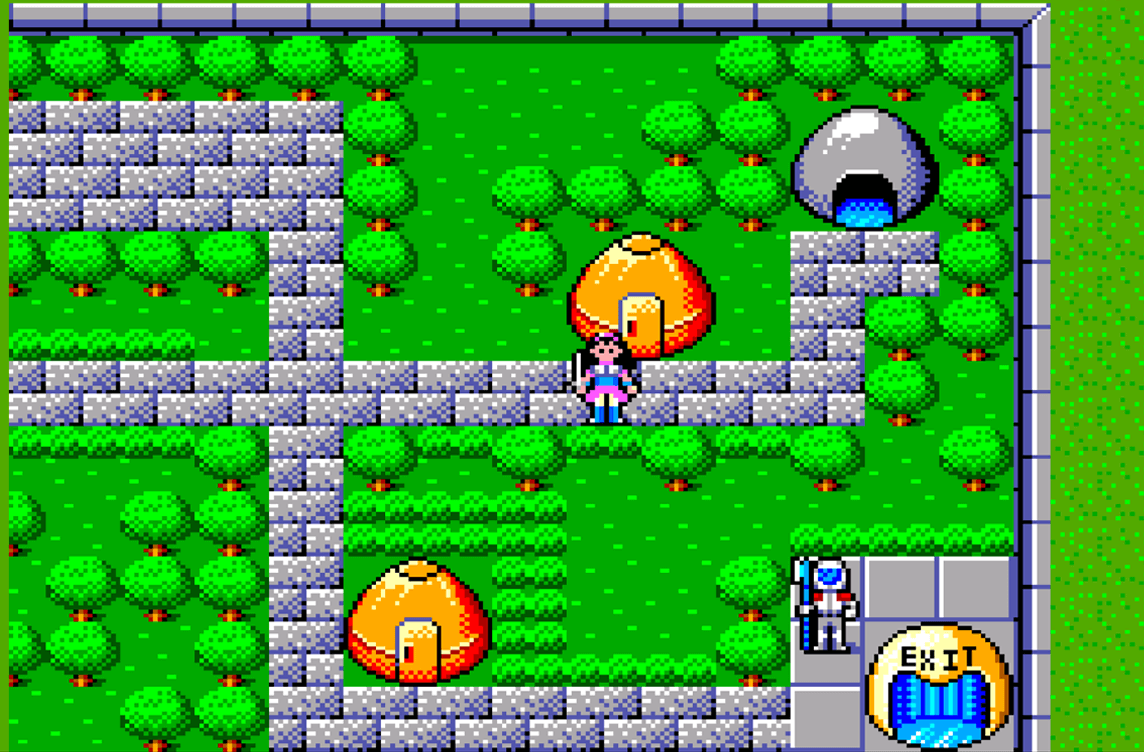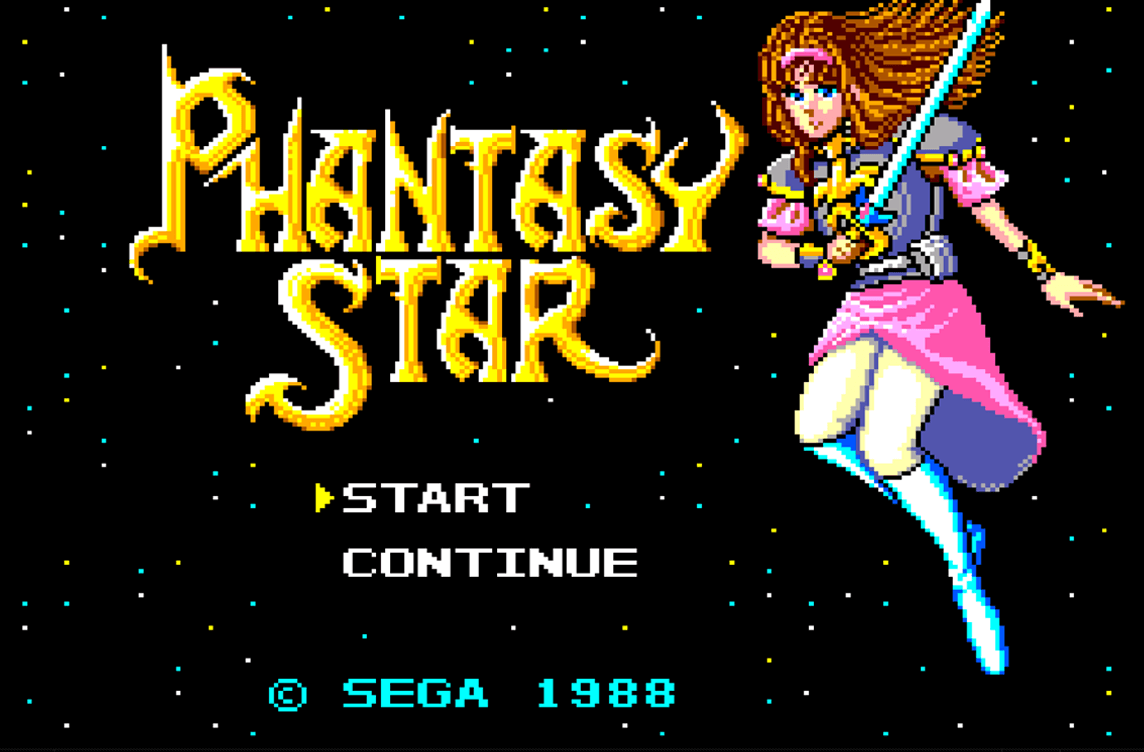I first encountered Phantasy Star nearly two decades ago when my brother received it for the Sega Master System. The game’s allure was immediate, with captivating cover art depicting a courageous struggle against formidable foes. As I finally embarked on this adventure in 1989, I realized I was delving into what I would come to consider one of the greatest games of its time.
Gameplay
Phantasy Star, an archetype of role-playing games (RPGs), introduced innovative elements for its era. It wove an engaging narrative with vivid character interactions, setting a precedent. Each character possessed distinct traits, creating a genuine connection. Unlike contemporaries like Ultima and Final Fantasy, Phantasy Star assigned characters, challenging preconceptions.
The protagonist, a female figure, led a diverse team through interplanetary quests, adding a unique dimension to the game. The gameplay offered three perspectives: overhead exploration, first-person battles, and traversing caves. While the system was solid, combat against multiple enemies proved somewhat erratic.
Graphics
In the third-person overhead view, as well as in the tower and cave views, the graphics range from fair to good. They surpass Dragon Warrior, Ultima, and Final Fantasy, showcasing marked improvement.
The battle view, however, boasts graphics that were exceptional for their time. The side scenes stand as a testament to artistic prowess, exemplifying meticulous attention to detail.

Sound & Music
The game’s music occasionally resurfaces in my mind, a testament to its enduring quality. From cityscapes to planetary exploration, cave or tower delving, combat encounters, spaceship flights, land rover or hovercraft rides, to epic showdowns, each scenario features a distinctive musical score.
I find myself humming these tunes without complaint. In comparison to the other RPGs I mentioned, only Ultima’s music leaves a comparable impression, rendering Phantasy Star’s soundtrack superior.
Controls
A minor drawback lies in the inability to target specific foes, occasionally leading to unpredictable outcomes. Navigating caves, with potential cornering, presented a challenge. Sequels would later refine this system, but the limitation was inherent to the 8-bit era.
Replay Value
For its time, Phantasy Star boasted commendable replayability. While lacking intricate side quests, the game offered ample engagement. My personal endeavor to amass a billion mesetas for a unique character proved an ambitious pursuit, ultimately constrained by in-game limitations.

Conclusion
This game is not just a game; it’s a milestone. It introduced RPG elements that became standard practice and laid the foundation for future RPGs. For me, it stands shoulder to shoulder with iconic titles like Tekken, Street Fighter, Final Fantasy, Romance of the Three Kingdoms, Resident Evil, and Metal Gear. It’s a classic that deserves a place in every collection.
If you don’t have a copy, get one. In this review, I’ve compared Phantasy Star with three other classic RPGs—Ultima I, Final Fantasy I, and Dragon Warrior I—considering their initial releases. Each of these series evolved, and while some later iterations may surpass this classic, it remains an indelible piece of gaming history.
Embark on an interplanetary odyssey and forge your legend in the vast cosmos of Phantasy Star.
Play Phantasy Star Online Today!
Experience the legacy of Phantasy Star on our website, accessible on both desktop and mobile devices. Unearth a gaming masterpiece that continues to captivate audiences worldwide.